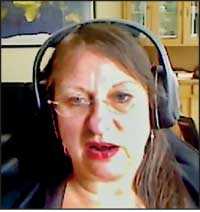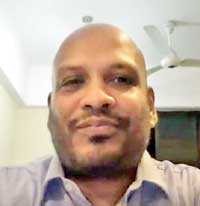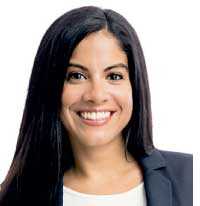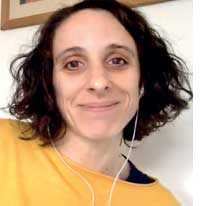Monday Feb 16, 2026
Monday Feb 16, 2026
Thursday, 9 July 2020 00:00 - - {{hitsCtrl.values.hits}}
The HDCA (Human Development and Capability Association) and SERI (Sustainable Europe Research Institute) recently co-hosted a webinar on ‘Social Innovation and Climate Emergency’.
 |
| Rafael Ziegler (Universität Greifswald and Co-Coordinator-Technology, Innovation and Design TG of HDCA) |
 |
| Dr. Sylvia Lorek (Sustainable Europe Research Institute) |
 |
| Asanga U. Ranasinghe, Social Scientist, Marga Institute and Co-Coordinator-Technology, Innovation and Design TG of HDCA)
|
The webinar brought together research and concepts from scholars in related fields. The panel consisted of Dr. Sylvia Lorek (Sustainable Europe Research Institute), Josephine Balzac (Rollins College, USA), Rafael Ziegler and Asanga U. Ranasinghe (Coordinators of HDCA’s Technology, Innovation and Design Thematic Group). Anna Colom (Open University, UK) moderated the webinar.
The experts shared their own experience and ideas at the webinar, which was followed by a Q&A session.
Ziegler (Universität Greifswald) provided the first input with two propositions on social innovation, climate emergency and the capabilities approach. First, the capabilities language is a way of navigating the need for shared, global cooperation while paying attention to participation and impacts in context. Second, he noted the tradition of the capability approach to keep a critical eye on hegemonic ideas of economic development, calling here for a critique of hegemonic theory of innovation in green economy and with it a focus also on democratic innovation and exnovation.
In a second input, Balzac (Rollins College, USA) spoke about climate movement lawyering as a social innovation for climate justice. She spoke about the Climate Defence Project, which is a non-governmental organisation, working for climate justice based on the work of trained lawyers. Their movement lawyering is a form of social innovation, connected to movements and activist communities.
 |
| Josephine Balzac (Rollins College, USA) |
 |
| Moderator: Anna Colom (Open University and Co-Coordinator-Technology, Innovation and Design TG of HDCA)
|
In a third input, Lorek (Sustainable Europe Research Institute) presented research on energy sufficiency in the household. Dr. Lorek suggested that we need to shift the narrative we are telling about energy: technology will not save us, but we can stand up and bring about change ourselves. She presented several practical examples from her research, which can be implemented.
In a fourth and final input, Ranasinghe (Marga Institute, CEO of STAMPEDE – SDGs Tech Accelerator) reflected on how digital-tech offers new possibilities for evolution of humanity, for example by implanting chips and attaching robotic body-parts. But the problem is that the components necessary to produce technology, silicon, lithium and other rare earth, require mining, which severely pollutes the environment.
The interplay between tech and capabilities became very visible in the current COVID-19 situation, resulting in the lockdown, where everything went online. A possible role for social innovators and activists is to promote ethics, values and principles for digital technologies and promote the use of renewable energy for the entire process of designing, deploying and using digital technologies.
In the subsequent discussion, moderated by Colom (Open University UK, Co-coordinator of HDCA’s Technology, Innovation and Design Group), the panellists answered questions, where it became clear that we are in a point in time that calls for horizontal work and interdisciplinary collaboration. The webinar created the space for a global discussion with inputs from Sri Lanka, Germany, UK, US, Spain and Australia.